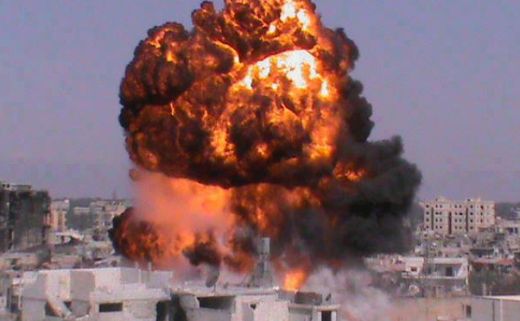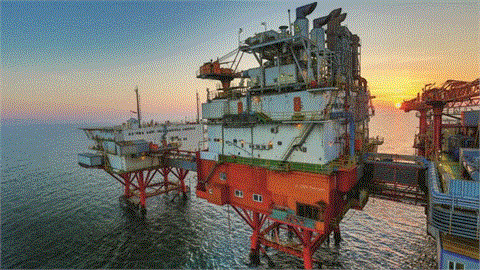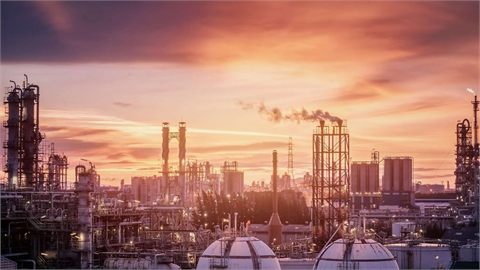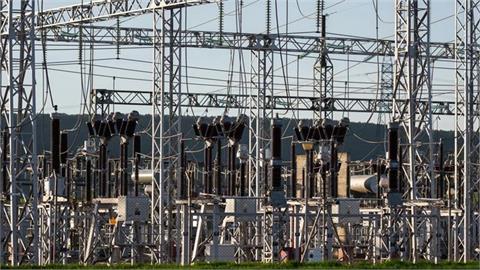The agreement reached on September 14 in Geneva between the Russian foreign minister Sergei Lavrov and the American secretary of state John Kerry under UN auspices, over Syria’s chemical weapons does not end the war in Syria, it simply prolongs it. Under the terms of the agreement Syria’s chemical weapons must be eliminated by mid 2014 with stockpiles handed over to UN inspectors while a full scale military conflict goes on. Taking advantage of the lifting of any immediate threat of USA military strikes and international punishment on account of the regime’s alleged chemical attacks in Damascus on August 21, and following Mr. Obamas’ surprise decision to seek diplomatic settlement, Syria’s president Bashar al Assad has resumed and escalated artillery, air and infantry assault, against rebel held targets
The agreement reached on September 14 in Geneva between the Russian foreign minister Sergei Lavrov and the American secretary of state John Kerry under UN auspices, over Syria’s chemical weapons does not end the war in Syria, it simply prolongs it. Under the terms of the agreement Syria’s chemical weapons must be eliminated by mid 2014 with stockpiles handed over to UN inspectors while a full scale military conflict goes on. Taking advantage of the lifting of any immediate threat of USA military strikes and international punishment on account of the regime’s alleged chemical attacks in Damascus on August 21, and following Mr. Obamas’ surprise decision to seek diplomatic settlement, Syria’s president Bashar al Assad has resumed and escalated artillery, air and infantry assault, against rebel held targets.
Fierce battle rage all over Syria with more than 2,ooo deaths recorded since mid August on top of a total of 100,000 deaths since the fighting started 2 ½ years ago. As disparate rebel groups, comprising the CIA and Saudi backed Syria Free Army but also several al – Qaeda affiliates such as the Islamic State of Iran (ISIS), are fighting to topple the Assad regime, there is a danger for an all out sectarian conflict involving the entire Middle East region. Although some observers say that this verdict is too bleak the truth is that the battle between a regime backed by Shia foreign powers and the rebel movement dominated by Sunnis grows ever more intense, as extremists inside and outside the country have stepped up efforts to cast the conflict as the epicenter of an existential fight between the two main branches of Islam. It may sound as an oversimplification in terms of explaining the current conflict but seasoned Middle East observers point out that preachers in the Sunni ruled Gulf states are using Syria as the justification for increasingly virulent rhetoric against Shia, seen by some Sunni extremists as apostates because they have a different view over who was the rightful successor to the Prophet Mohammed.
Several analysts observe that the main characteristic of the current Syrian conflict is not so much an attempt of ethnic cleansing on behalf of the Assad regime but a natural process of division, motivated less by hatred than by fear. The conflict has long been a proxy war between Russia and Iran on the regime side, and the Western and Gulf States that back the rebels. While this is in large part a political and ideological battle, the rivalry between the Gulf capitals and Shia – ruled Tehran also has a strong religious dimension. Hence lies the danger that the conflict may spill over and engulf countries in the wider Middle East region. And although Syria itself neither produces or exports much oil nor controls a critical trade route, its civil war has become a proxy battle for the world’s largest energy producers. As major oil exporters including Saudi Arabia, Qatar, Iran and Russia are all present in Syria’s war torn desolate landscape, there is a very real danger that if the situation remains unchecked the rest of the region will get seriously destabilized leading among others to oil production disruptions and hence steep oil price rises. Already, and as a direct consequence of the war in Syria, we are witnessing renewed violence in Iraq where hundreds of people are killed every month as a result of ongoing savage terrorist activity.
Reflecting market uneasiness with latest developments in the broader Middle East region international oil prices reached new highs at $117 per barrel for the Brent variety in August trading, which then scaled down to the $108 - $112 price zone in the second half of September. However, market players believe that because the global oil market right now is rather tight in terms of supply, following a sharp fall of Lybyan production, continuing limited exports by Iran and outages in Nigeria, any anomaly in Syria and Iraq will inevitably lead to sharp oil price rises. As we are soon entering the year’s 4th quarter it is becoming apparent that 2013 will be the third year in a row that average oil prices will have moved above $111 per barrel, a significant market trend which helps maintain high production levels by oil and gas producers while it encourages continuing hydrocarbon exploration. At the same time the persisting high oil prices are having a very detrimental effect to SE European countries’ economies all of which are net oil and gas importers.
Seen from a S.E. European perspective the wider Middle East – Syria crisis presents a very challenging situation both in terms of energy security and long term investments in the energy sector, especially hydrocarbon exploration and production. As the Middle East is progressively getting more destabilized with oil and gas export under threat, S.E. Europe, and the Turkey – Greece axis in particular, is emerging as a stable alternative for the transporting and transmission of vital oil and gas supplies to Europe. The South Stream and TANAP – TAP gas pipelines, construction of which is now under way, is a case in point while the BTC oil pipeline passing mainly through Turkey guarantees Caspian oil exports to the West. The same applies to the prospects for some sizeable oil gas production over the next 10 - 15 years from the East Med basin following latest major gas findings in Israel and Cyprus and with likely new offshore discoveries in Lebanon, Turkey and Greece. In this sense the role of S.E. Europe as a key energy conduit for European fuel supply is clearly reinforced.
A new hydrocarbon paradigm shift is in evidence with the East Med capable of becoming an important oil and gas production area outside the Arab sphere of influence. However, known oil and gas plays in the Levantine Basin cannot be transformed into actual producing fields with maximum utilisation unless peace somehow prevails across the region and a broader political and economic consensus is reached. Seen in this perspective the latest government change in Egypt with the army now firmly in control, is a bold step towards this direction. Not only Egypt’s significant oil and gas producing capability and exploration prospects have now been secured but energy ties and cooperation with Israel is to be re-established. A necessary parameter in the building up of East Med’s oil and gas export capacity.
On the other hand, judging from latest developments, especially the new USA - Russia backed diplomatic initiative aimed at dismantling Syria’s chemical arsenal, the prospects for an early end to the country’s civil war look remote. For a start, the deal itself is flimsy because it is so hard to reinforce. Given too that Russia cares more about diplomatic parity with USA than about ousting Mr. Assad, it is more likely to prolong the crisis than resolve it. Therefore, Syria will continue to cast an uncomfortable shadow over SE Europe and thus undermine the region’s - especially in the East Mediterranean - energy resource and development prospects.
(Editorial, IENE’s SOUTH-EAST EUROPE ENERGY REVIEW, Issue No 39 • July-September 2013)




